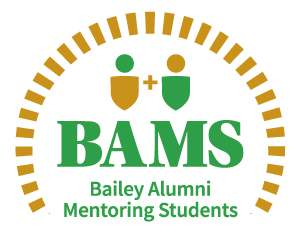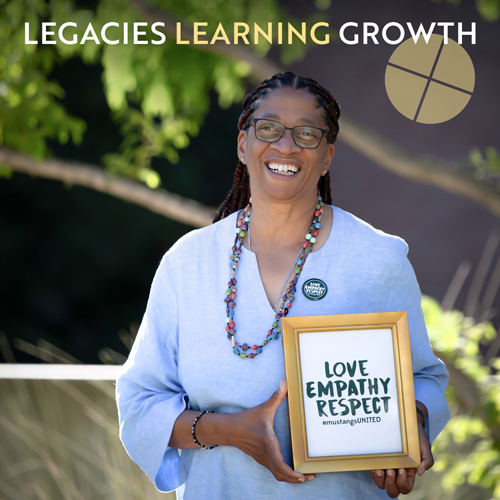So You Want to Trap an Atom
 Pictured from left to right: Taylor Shannon, Sanjay Khatri, Jason Schray, Professor Kat Gillen, Ian Powell. Photo Credit: Jay Erker
Pictured from left to right: Taylor Shannon, Sanjay Khatri, Jason Schray, Professor Kat Gillen, Ian Powell. Photo Credit: Jay Erker
Student-faculty research at Cal Poly takes students beyond the planned experiments of their coursework and gives them a taste of life in a real-world research lab.
Physics Professor Kat Gillen and her students are working toward trapping atoms in light pat terns with the eventual hope of contributing to the development of quantum computing. The 2013-14 research group got together to talk about their frustrations and triumphs and why they think applied research is a great way to Learn by Doing.
What do you enjoy most about doing research?

Jason Schray (fifth-year electrical engineering and physics double major; worked in the lab for 3 1/2 years): The most fun part is when you do all the work and you see results. You can spend hours in here banging your head against a wall. You’re looking at your data, and it doesn’t make sense. You call Kat over and she sees it’s a speck of dust on the camera. You clean it off, and then you get the defraction pattern that you want to see, and it’s like ah — what we learn about is real. It actually happened.
Sanjay Khatri (senior physics major; worked in the lab 2013-14): It’s fun seeing how it all comes together. Everyone is doing different projects. One of the good things we did was when we all went to the [Southwest Quantum Information & Technology] conference, we got to see in the grand scheme of things how it all fits together. You see how what you’re doing is important to accomplish the goal of eventually trapping atoms again.
Ian Powell (junior physics major; worked in the lab beginning spring 2013): I agree with Jason. You’ll be working on something and it’s not working, it’s not working, and then, finally it’s working. And then you’re elated because it was so dif ficult, and you figured out what was going on. Problem solving — that’s what physicists do.
Taylor Shannon (senior physics major; worked in the lab 2013-14): I mostly did programming, and the most fun part is when it finally works.
Schray: It’s weird because when you go talk to your friends who aren’t doing research and you’re like, “Guess what I just did today? I shot a laser through some hole, and I was able to close the hole!” Someone who hasn’t done that isn’t very impressed. It’s so much more satisfying to tell someone who’s done research because they realize how tough it was.
So it sounds like you learned something you couldn't learn in class.
Schray: Oh yeah, oh huge.
Khatri: I think it’s exactly what Jason was saying. When you’re doing all these experiments and you shine a laser through a hole and it doesn’t work right off the bat; if you’ve just come from optics class, you’ve learned that something should work —
Gillen: Mmhm.
Khatri: So if it doesn’t work, it ’s like well, what did I learn about in class? I know you’re supposed to learn about it in class and then make it work in the lab, but sometimes getting it to work in the lab makes you really understand what they’re talking about in class.
Powell: Right, right.
Shannon: You also learn technical skills. For example, building components of the experiment, you don’t learn that in class. With programming, the majority of errors I ran into probably wouldn’t have been taught in class, so you learn them by trying to overcome them.
Khatri: Yeah exactly.
Gillen: You learn to trouble-shoot.
Powell: There’s no lab manual here.
What's it like working in a team?
Powell: I worked alone this last summer, and it’s just comforting to have other people come in. I’d be in here all day, it’s really hot, no one’s even in the building. I would get really frustrated because I’d get stuck, and it would feel like nothing’s happening in the lab. But now, even if I get stuck, other people are doing things that are moving the whole project forward. It’s nice.
Shannon: I think what Sanjay said earlier about knowing how our projects fit together is really nice, and it’s more fun having more people doing more things. And it’s all working toward the same goal.
Powell: Yeah, absolutely.
Schray: Also when you’re frustrated, you can totally vent to someone else. When you’re all alone, you find yourself talking to the wall.
Khatri: The wall is your imaginary friend.
Gillen: You guys, I had no idea you were going through this.





